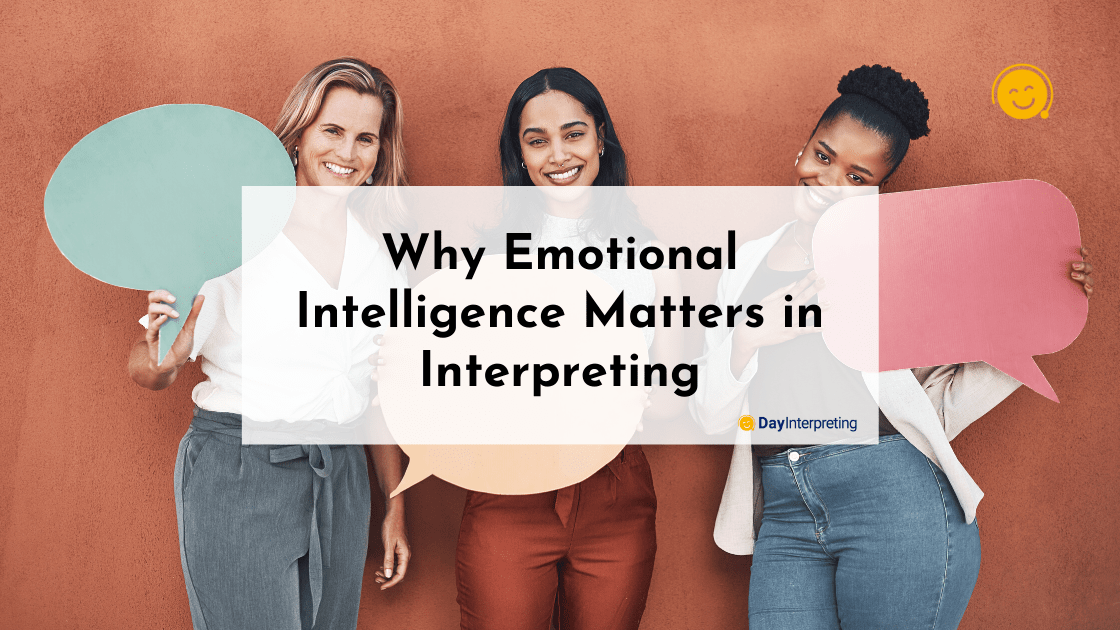Interpreters are there to help people that don’t speak the same languages communicate with each other. But aside from just translating between source and target languages, interpreters also have to interpret human behavior and emotions. Not just spoken words. And this is where emotional intelligence comes into play. But why is emotional intelligence in interpreting so important? What does it take to be an emotionally intelligent interpreter?
Here’s the scoop!
What Is Emotional Intelligence in Interpreting?
Emotional intelligence refers to a person’s ability to identify and express their own emotions. It’s also about understanding and influencing the emotions of others. It can be especially useful in stressful situations where understanding emotions can mean the difference between success and failure.
Many interpreting sessions like business environments won’t depend on emotional intelligence. But even in situations where emotions don’t seem to have an impact on the conversation, emotional intelligence can still help both parties reach the desired outcome.
Why Emotional Intelligence in Interpreting Matters
Interpreters Deal with Emotionally Sensitive Topics
Even if you speak the same language as your patient or client, it can be challenging to discuss an emotionally sensitive topic. When you add multiple languages to the mix, the stakes become much higher, and so do the chances of miscommunication.
Legal interpreters might need to assist trauma victims in recounting events to lawyers or judges. Medical interpreters have to inform patients about life-threatening conditions. Interpreters cannot remain calm in the face of a stressful situation if they don’t have emotional intelligence.
Linguists Work with Linguistic Nuances and Cultural Sensitivities
As mentioned earlier, not all interpreting sessions are centered around emotionally sensitive topics that require emotional intelligence. But emotional intelligence can also help navigate cultural nuances and sensitivities.
Interpreters must be able to adapt to the formality of specific languages and settings so they don’t offend anyone, and this is where they need to deploy their emotional intelligence.
Interpreters Have to Use the Right Body Language
Language interpretation can be facilitated in-person, via video, or over the phone. Whenever in-person interpreting or VRI is used, the interpreter needs to showcase active and engaged body language. This demonstrates that they’re listening carefully to both parties to help them understand each other.
Things like eye contact and other signs of understanding, listening, and empathy also need to come into play. But these skills are deployed when interpreters use their emotional intelligence to gauge the conversation.
Linguists Must Make Clients Feel at Ease
Emotionally intelligent interpreters can build a relationship of trust with their clients. And the more comfortable a client feels with an interpreter, the easier they’ll share information.
Final Thoughts
Interpreting requires emotional skills to be used on top of source and target language competence and cultural competence. The working life of interpreters necessitates the ability to adapt to the environment, to have good customer relations, and to foster clear communication with people.
At Day Interpreting, our team of professional interpreters has high levels of emotional intelligence. This ensures they can deal with sensitive topics and work around cultural nuances and sensitivities. They also use the correct body language to make the client feel at ease.
If you need professional interpreting services, get in touch with us today to learn more about how we can help you bridge the language gap!





0 Comments